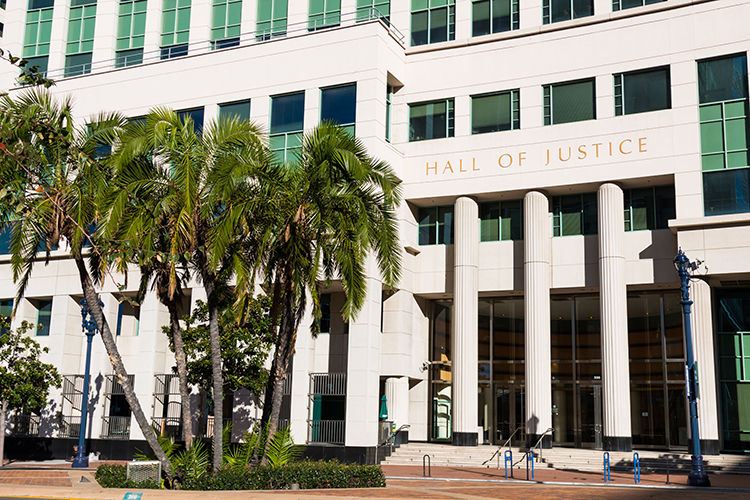
The flurry of attention around animal rights-driven legislation that began with last summer’s attempts in Colorado and Oregon to limit common farm practices has stretched into 2022 with new developments to California’s controversial Proposition 12.
“Prop 12” was approved by California voters in November 2018 as part of the Cruelty to Farm Animals Act. The phased-in law set minimum space requirements for farm animals, beginning with guidelines for veal calves (43 feet of usable pen space) and egg-laying hens (144 square inches of usable pen space) in December 2019. By December 31, 2021, the final phase of the law took effect to set space requirements for breeding pigs (24 feet of usable pen space).
The law also forbids the sale of pork, eggs, or raw veal from animals enclosed in insufficient space, even if those animals were raised outside of the state. The argument that this violates the U.S. Constitution’s Commerce Clause was a major point for opponents of the bill.
Less than a month before the law was to take full effect, on December 3, 2021, the California Department of Food and Agriculture released a list of revisions to Prop 12, including requirements for distributors to register with the department in order to do sales in the state. The registrations would not be required until 2023 for pork distributors and 2024 for pork producers.
Arguing that the regulations had not been finalized and compliance guidelines had not been provided, organizations including California’s Grocers Association, Restaurant Association, and Retailer’s Association sued the state to seek a delay in the enforcement of the rule until 28 months after requirements are finalized.
In late January, Judge James Arguelles of the California Superior Court in Sacramento County agreed with the groups to delay enforcement of the law for grocer, retailers, and restaurants, but only for six months after regulations are finalized.
However, pork producers and suppliers are still subject to enforcement if the square-footage requirements are violated, which is, of course, where grocers, retailers, and restaurants get their product from. In this lawsuit, the requirements for veal calves and laying hens were not addressed and remain in effect.
As animal agriculture in California continues to move forward under these rulings, it will force the food supply chain to adjust. Companies are already limiting sales in the state to avoid the regulations of Prop 12.








